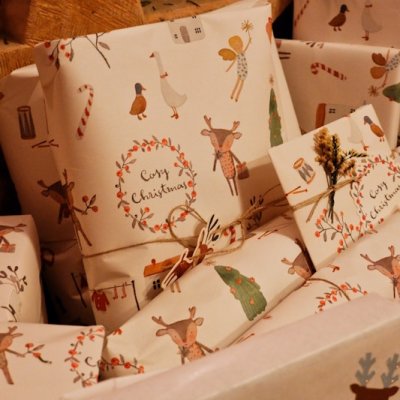distress(
dih
-
strehs
)A noun is a word referring to a person, animal, place, thing, feeling, or idea (e.g., man, dog, house).
a. la angustia (F)
(f) means that a noun is feminine. Spanish nouns have a gender, which is either feminine (like la mujer or la luna) or masculine (like el hombre or el sol).
Rising rents are a cause of significant distress for city dwellers.Una causa importante de angustia entre los habitantes de una ciudad es el alza del precio de los alquileres.
b. la aflicción (F)
(f) means that a noun is feminine. Spanish nouns have a gender, which is either feminine (like la mujer or la luna) or masculine (like el hombre or el sol).
The farmer's suicide was attributed to emotional distress.El suicidio del granjero se atribuyó a la aflicción emocional.
c. no direct translation
This refers to an idiomatic word or phrase for which there is no word-for-word translation.
Angela drank when she experienced distress, but alcohol only made her feel worse.Ángela tomaba cuando estaba sufriendo, pero el alcohol solo hacía que se sintiera peor.
Edward went through terrible distress when his sister humiliated him in front of his girlfriend.Edward sufrió terriblemente cuando su hermana lo humilló frente a su novia.
a. el agotamiento (M)
(m) means that a noun is masculine. Spanish nouns have a gender, which is either feminine (like la mujer or la luna) or masculine (like el hombre or el sol).
Robert began to show signs of distress when he'd been running for 20 minutes.Robert comenzó a mostrar señales de agotamiento cuando tenía 20 minutos corriendo.
b. el sufrimiento (M)
(m) means that a noun is masculine. Spanish nouns have a gender, which is either feminine (like la mujer or la luna) or masculine (like el hombre or el sol).
The baby experienced fetal distress during labor.El bebé experimentó sufrimiento fetal durante el trabajo de parto.
3. (danger)
a. el peligro (M)
(m) means that a noun is masculine. Spanish nouns have a gender, which is either feminine (like la mujer or la luna) or masculine (like el hombre or el sol).
The lighthouse sighted a ship in distress.El faro avistó un buque en peligro.
a. los apuros (M)
(m) means that a noun is masculine. Spanish nouns have a gender, which is either feminine (like la mujer or la luna) or masculine (like el hombre or el sol).
After three months of unemployment, Peter was in financial distress.Después de tres meses sin trabajo, Peter estaba en apuros económicos.
A transitive verb is a verb that requires a direct object (e.g., I bought a book.).
5. (to agitate)
An adjective is a word that describes a noun (e.g., the big dog).
a. de socorro
The ship sent a distress signal using the radio.El buque envió una señal de socorro usando la radio.
Examples
Machine Translators
Translate he/she/you distressed using machine translators
Conjugations
Other Dictionaries
Explore the meaning of distress in our family of products.
Random Word
Roll the dice and learn a new word now!
Want to Learn Spanish?
Spanish learning for everyone. For free.























